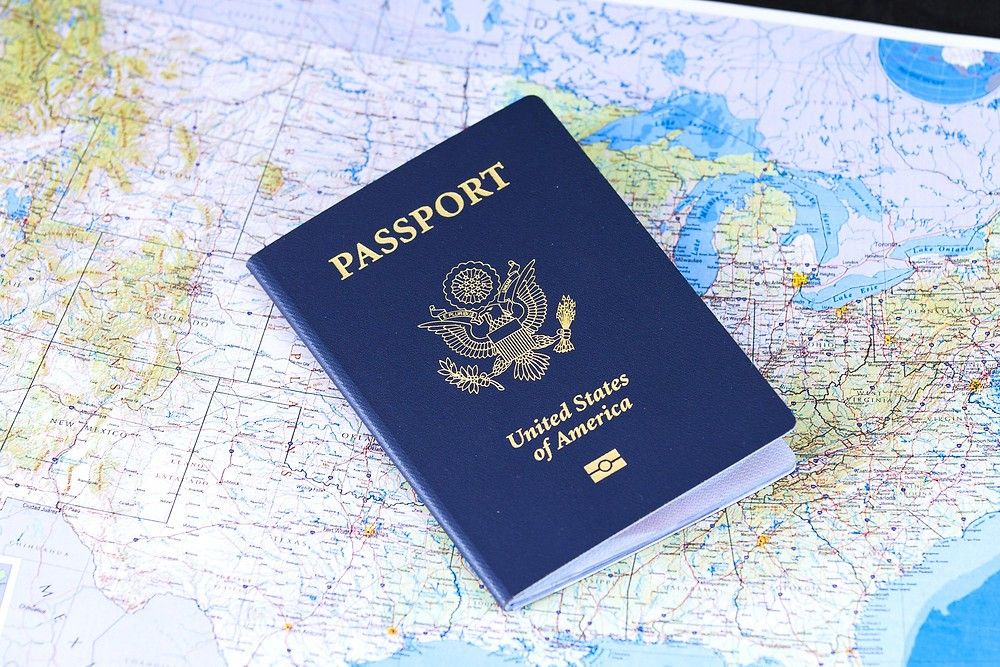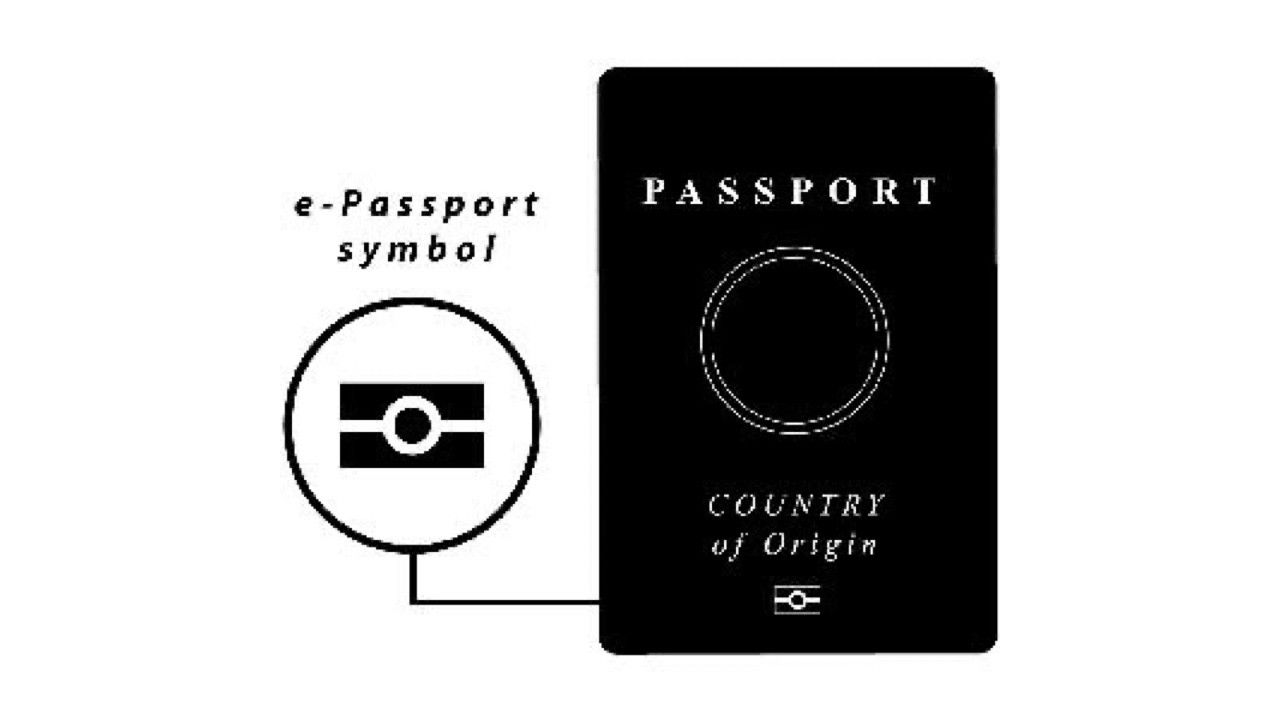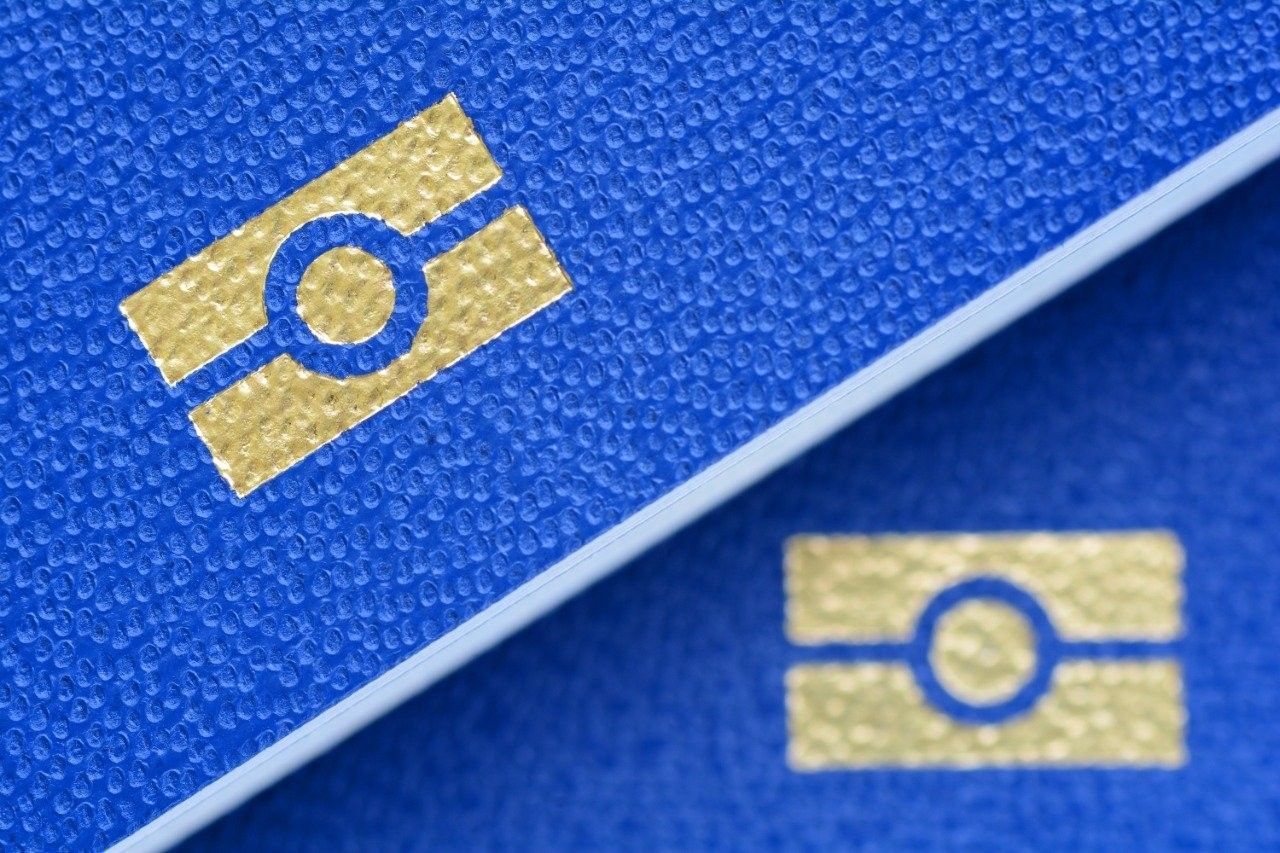Now that COVID-19 is finally (sort of) done and dusted, travel around the world has resumed and is reaching the pre-pandemic levels. Passports come in handy while traveling as they're used to verify one's identity and nationality. They allow the bearer safe passage and protection in a foreign land. Many countries in recent years have switched to the digital version of the passport called the e-passport. Wondering what are the differences between an ordinary passport and an e-passport? Here's everything you need to know about them.
What is an e-Passport?
An e-Passport, also known as a biometric passport or digital passport, is basically a standard passport with an embedded electronic NFC chip inside it. This security chip is embedded on the second page of a digital passport and stores information like the traveler's biometric data and a digital signature that can be verified using a certificate.
The biometric data stored in an e-Passport can differ from country to country. It can contain any of the biometric data from facial, fingerprint, iris, or all. A standard regarding the biometric file formats and communication protocols of digital passports has been set by the International Civil Aviation Organization (ICAO). A country must comply with these protocols to be able to issue an e-Passport. Currently, over 150 countries, including the US, EU, UK, Canada, Australia, and others, issue digital passports to their citizens.
Source: Homeland Security
An e-Passport looks slightly different than a normal passport. Every e-Passport has a chip symbol below the issuing country's name. This symbol indicates that the passport is a digital one and not an ordinary one. Moreover, there's a plastic card inside every e-Passport that contains the person's info (such as name, date of birth, address, etc.) and a photo in printed format. This info is printed using a special type of laser and is irremovable.
Advantages of an e-Passport
-
Improved security: Compared to a standard passport, e-Passports make it very difficult for a hacker to forge or create a fake document since the data is stored both on the chip and on the printed part of the passport. It is tough to forge a digital passport because there are many security mechanisms in place.
-
Faster immigration: Since the data stored cannot be forged, e-Passports enable faster processing at immigration counters since they can directly verify the person's identity using their stored biometric data. Many countries have installed automated gates at their airports, using which travelers can self-verify themselves and expedite the immigration process even more.
-
Safer: Digital passports are much safer as no one has the ability to erase or duplicate data from them. This means that these types of passports offer increased the factor of safety. And as mentioned above, it also leads to the reduction of counterfeit passports in the market.
Source: Visa Index
What an e-Passport is not
Now that you know what an e-passport is and its benefits, let's understand what an e-Passport is not. Due to its name, several people have a misconception that e-Passports can be stored on their smartphones but it isn't the case. You cannot add an e-Passport to the Wallet app of your phone. Yes, you can store a digital version of the passport on your smartphone by scanning it, but there's no way of linking the Wallet app to your passport.
Moreover, the chip on the e-Passports is not readable or writable at all. You cannot read or overwrite any verification data on the embedded chip because it uses a Public-Key Infrastructure (PKI) and the digital signature for it is only issued to government agencies.
In a connected world where all citizens of the Planet are traveling for both business and pleasure, being abroad has become a part of our lives. While in some cases, like the Schengen zone of the EU, you can still travel with a National ID, a passport is a must-have document for everyone who intends to visit another country or continent.
As technology evolves, older passport versions will be soon completely replaced with the smarter ones, so if you still have the option to choose between a regular passport or an e-Passport, we strongly advise you to future proof and opt for the latter, even if, in some cases, it might be more expensive.



